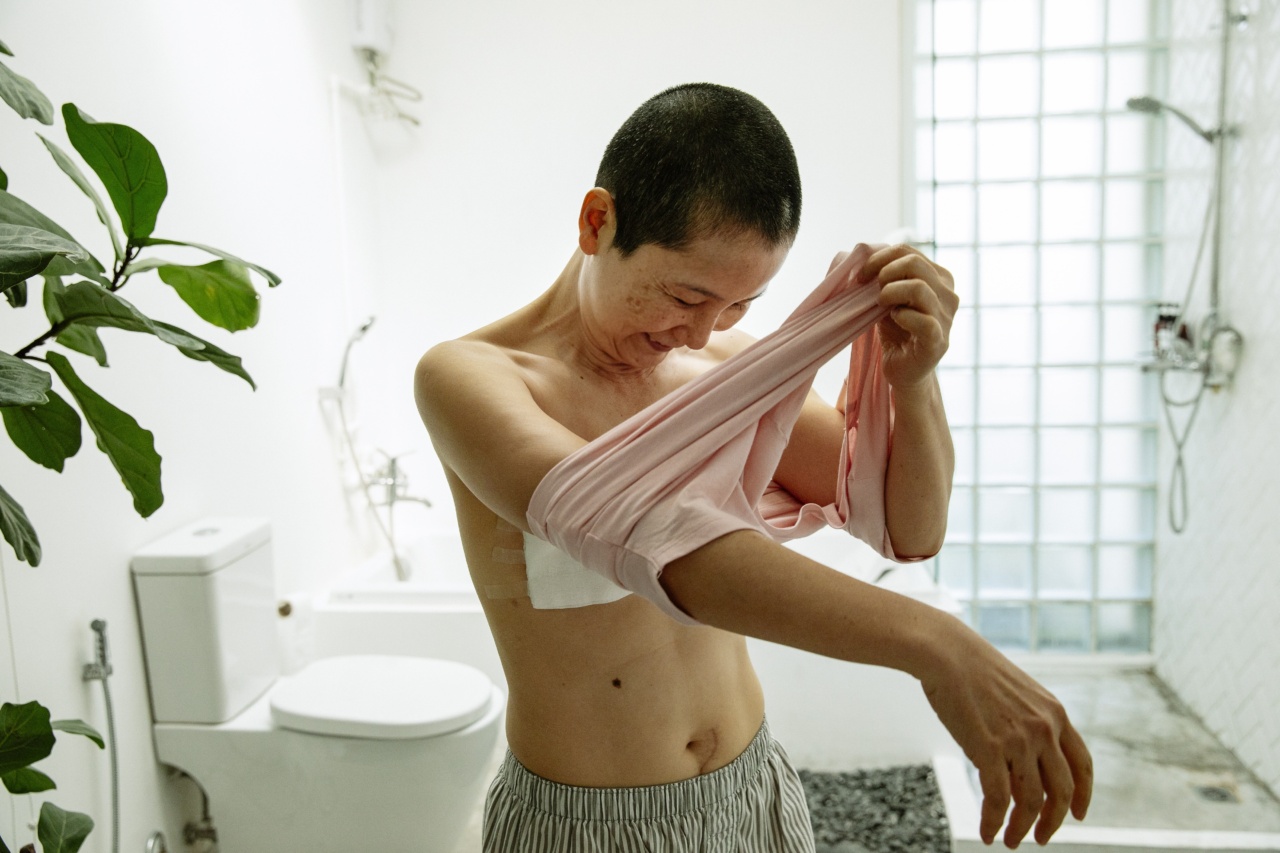Breast cancer is one of the most common cancers affecting women worldwide. It is the second leading cause of cancer death among women after lung cancer.
With advances in research and technology, there have been many new approaches to treating breast cancer. One such approach is customized solutions that can help improve outcomes for patients.
Personalized Medicine in Breast Cancer Therapy
Personalized medicine is revolutionizing breast cancer therapy. This approach is based on the idea that each tumor is unique and requires a specific therapy.
Advances in genetic testing have made it possible to identify the genetic make-up of your tumor which can help your doctor select the right treatment for you.
For example, if your tumor carries a gene mutation that makes it sensitive to a specific targeted therapy, you may benefit more from that therapy than from standard chemotherapy.
Personalized medicine is also being used to identify those at higher risk of developing breast cancer, which can help with early detection and prevention strategies.
Immunotherapy in Breast Cancer Treatment
Immunotherapy is an approach that uses your own immune system to fight cancer. In some cases, breast cancer cells can evade the immune system, which can make it difficult for the body to fight the disease.
But immunotherapy can help to activate the immune system and make it more effective in fighting cancer cells.
Some immunotherapy drugs are designed to block the PD-1/PD-L1 pathway, which is a mechanism that some cancer cells use to avoid detection by the immune system.
Others target immune cells in the tumor microenvironment to help them better recognize and destroy cancer cells. Immunotherapy is showing promise in the treatment of advanced breast cancer and is currently being evaluated in clinical trials.
Targeted Therapy in Breast Cancer Treatment
Targeted therapy is a type of breast cancer treatment that targets specific proteins or pathways within cancer cells that help them grow and divide.
Some targeted therapies work by blocking the receptors on the surface of cancer cells that signal them to grow or divide. Others target proteins inside cancer cells that play a role in cell division.
Targeted therapies can be more effective and have fewer side effects than traditional chemotherapy because they only target cancer cells, leaving healthy cells untouched.
Targeted therapy can also be used in combination with other treatments like chemotherapy or radiation therapy to improve outcomes.
Gene Therapy in Breast Cancer Treatment
Gene therapy is an experimental approach that uses genes to treat or prevent disease. In the case of breast cancer, gene therapy is being studied as a way to modify the genes in cancer cells to make them less able to grow and divide.
It is also being studied as a way to strengthen the immune system’s ability to fight cancer cells.
Gene therapy is still a relatively new approach and is only available in clinical trials. However, it holds promise as a potential future treatment option for breast cancer.
Combination Therapies in Breast Cancer Treatment
Combination therapies are an approach that uses multiple treatments in combination to treat breast cancer. This can include chemotherapy, radiation therapy, targeted therapy, and immunotherapy.
By using multiple treatments in combination, doctors can target cancer cells in multiple ways, making it more difficult for them to develop resistance to any one treatment.
Combination therapies can also help improve outcomes for patients who have advanced or metastatic breast cancer.
Many combination therapies are currently being studied in clinical trials to determine the most effective approach for treating breast cancer.
Conclusion
In conclusion, there have been many advances in breast cancer therapy over the past few years that are helping to improve outcomes for patients.
Personalized medicine, immunotherapy, targeted therapy, gene therapy, and combination therapies are all approaches that are being studied and used to treat breast cancer. As research and technology continue to improve, we can expect to see even more effective and customized treatments for breast cancer in the future.























